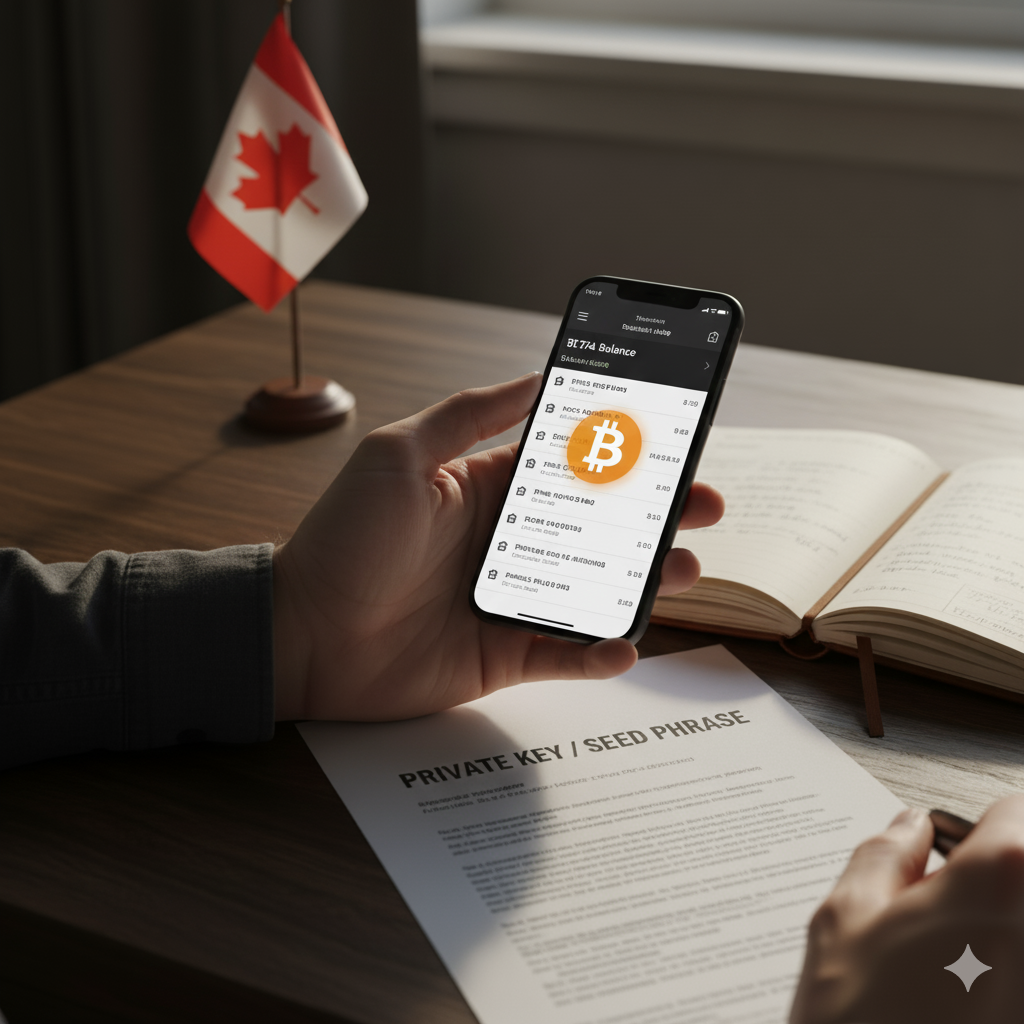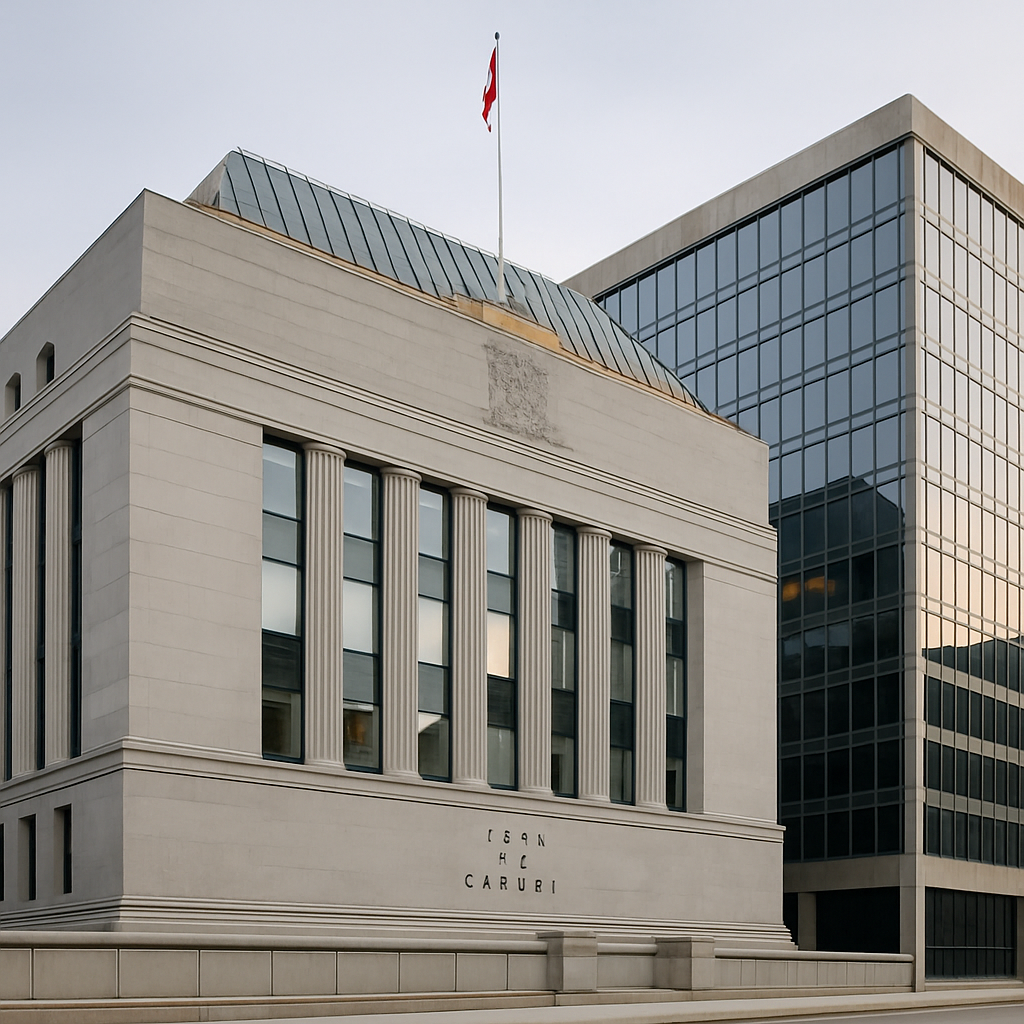Why owning your keys matters more than ever
In Bitcoin, Ownership Is Control or It Isn’t Ownership at All
With traditional money, your bank holds your balance. With stocks, your brokerage holds your shares. But Bitcoin flips that model upside down. If you don’t control your private keys, you don’t fully own your bitcoin.
In today’s landscape where hacks, exchange failures, and government overreach are more real than ever—self-custody isn’t just an option. It’s the standard for serious holders.
What Is Self-Custody?
Self-custody means storing your own bitcoin using a wallet that only you control. You manage your private keys—a cryptographic string that proves ownership and enables access.
No custodian, no middleman, no gatekeeper.
Why It Matters in 2025 (More Than Ever)
1. Exchanges still fail
FTX, Celsius, Quadriga—these weren’t just bad actors. They were warnings. Holding bitcoin on platforms leaves you exposed to insolvency, fraud, or asset freezes.
2. Regulations are tightening
Governments are increasing control over digital assets. In some regions, on-platform wallets can be frozen. Self-custody helps you opt out of surveillance-heavy systems.
3. Scams are evolving
2025 has seen more sophisticated wallet drainers and phishing attacks. Knowing how to use a self-custody wallet puts you in the driver’s seat and reduces third-party risks.
4. Bitcoin is now wealth
What was once seen as speculative is now viewed by many as long-term savings or retirement insurance. Would you trust someone else with your life savings?
How to Practice Self-Custody Safely
- Use a reputable wallet: Start with beginner-friendly apps like BlueWallet or Muun, or move to hardware wallets like Trezor or Coldcard as you gain confidence.
- Back up your recovery phrase: Write it down on paper or metal—never store it digitally.
- Start small: Try self-custody with a small amount before moving larger balances.
- Stay private: Never post your address or balances online.
Final Thought
Self-custody isn’t just a Bitcoin feature—it’s a statement. It says: “I take responsibility for my money.” And in the age of digital surveillance and platform risk, that responsibility has never been more valuable.
Start learning today. It’s your keys or someone else’s rules.




